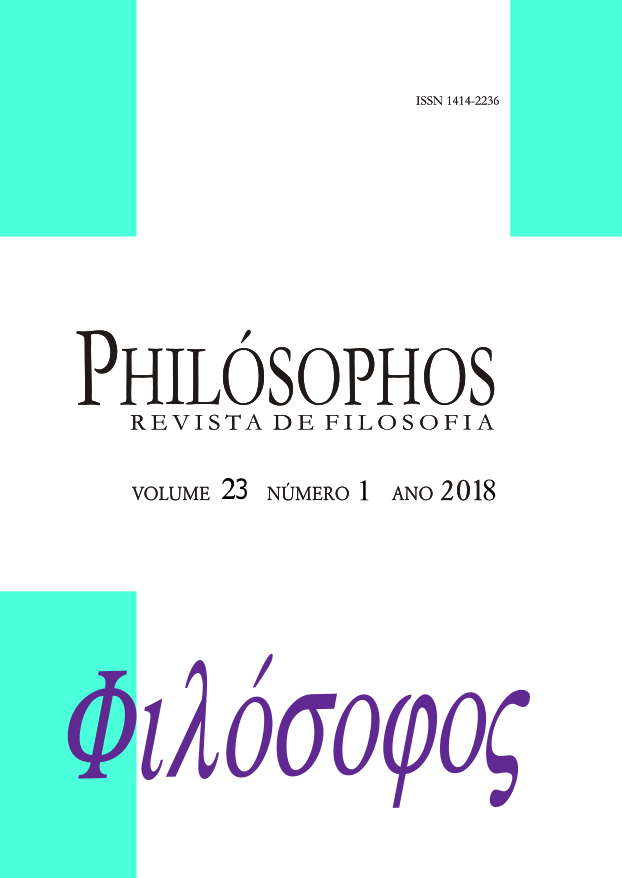THE REASON FOR THE ABSENCE OF THE SUPERNATURAL IN CONTEMPORARY SCIENCE: NEITHER APRIORISM, NOR ATHEISM, NOR SCIENTISM
DOI:
https://doi.org/10.5216/phi.v23i1.47529Keywords:
Sobrenatural, Ciência, Explicação, CientismoAbstract
Relationships between science and religion are complex. One of the problems that arise is why there are no references in factual sciences that appeal to entities such as God, angels, and demons. Two answers - among others - can be given to the problem. The first is that given the nature of science, the supernatural is excluded a priori from its environment. The second is that science does not contain supernatural explanations, a posteriori, because such explanations were not adequate during the development of modern science. However, if there is no a priori impediment to supernatural explanations in science, we will argue, following the arguments of Dawes (2009; 2011) and Schick (2000), that the best answer to the problem seems to be the a posteriori solution. However, we disagree that sustaining such a position leads to scientism. Against the scientism we follow the arguments of Feser (2014).
Downloads
Downloads
Published
How to Cite
Issue
Section
License
Authors who publish in this journal agree to the following terms:
- Authors retain copyright and grant the journal right of first publication, with the work simultaneously licensed under a Creative Commons Attribution License that allows others to share the work with an acknowledgement of the work's authorship and initial publication in this journal.
- Authors are authorized to enter into separate, additional contractual arrangements for the non-exclusive distribution of the journal's published version of the work (e.g., publishing in an institutional repository or as a book chapter), with an acknowledgement of its authorship and initial publication in this journal.















